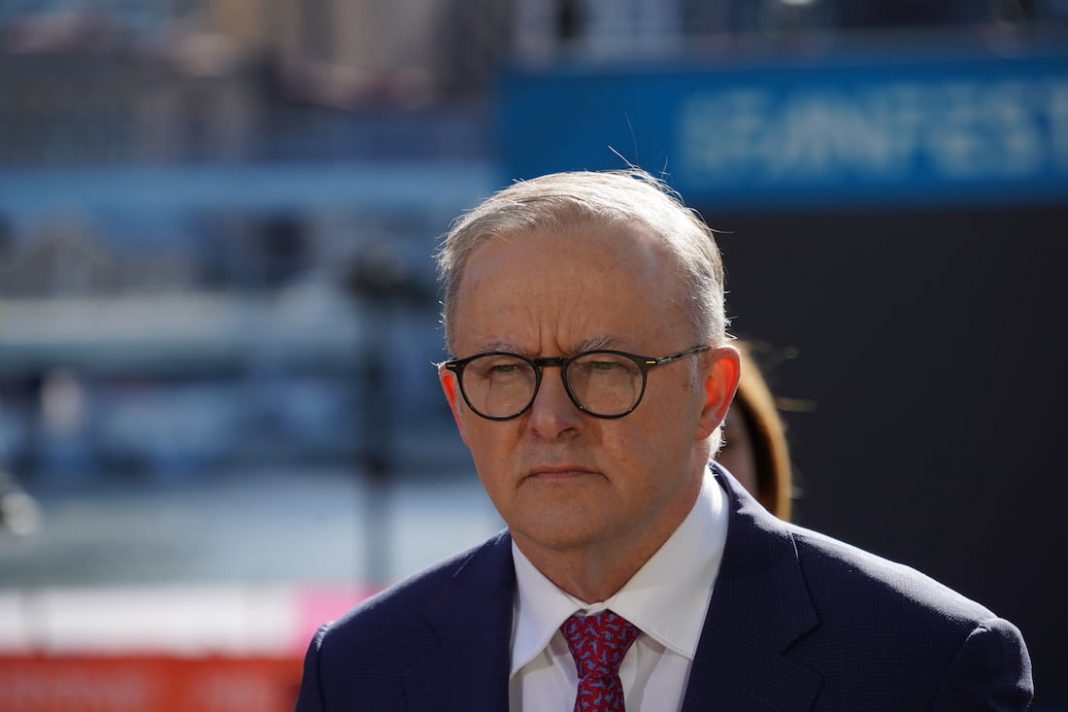The prime minister has warned Australia needs to collectively plan for an ageing population, with economic growth in coming decades set to slow.
The 2023 Intergenerational Report to be released on Thursday will reveal economic growth into the 2060s will be sluggish largely due to an ageing society and stalled population growth.
At the same time, the economy will be two-and-a-half times bigger over the next 40 years.
Anthony Albanese said the release of the report signalled the need for the country to be prepared for an aging workforce and other issues associated with it.
“We need to be collectively planning as a nation for it,” he told ABC Radio on Tuesday.
“That’s why we need to respond to the aged care royal commission properly.
“That’s why we need to consider issues such as the way we build – our housing needs to be adaptable so that as people age they can stay in-home, which is what most people, of course, prefer to do.”
He said the report would be an “important signpost” for Australia’s direction over coming decades.
GDP is projected to grow at an average of 2.2 per cent a year from 2022/23 to 2062/63, which is 0.9 percentage points lower than the average growth of the past 40 years.
Treasurer Jim Chalmers said Australia was one of the best-placed nations to respond to the economic headwinds ahead due to its low unemployment and near-record labour force participation.
“To lay the foundations for future growth, we’re investing in a more adaptable workforce and working to maximise opportunities in the digital economy, net zero transformation and growth in the care economy,” Dr Chalmers said.
He said the slower growth was in line with other advanced economies.
Tax and non-tax receipts are set to rise to 26.3 per cent of GDP in 2033/34 before peeling back slightly in the three following decades.
Structural changes to the economy will put pressure on tax revenue, with proceeds from fuel and tobacco excises to shrink as Australia transitions away from fossil fuels and fewer people smoke.
Company tax and the GST will largely stay in line with economic growth while the percentage of revenue from personal taxes will increase as incomes rise and the population grows.
Dr Chalmers has ruled out any changes to the GST but is eyeing off tax reform in the areas of multinationals, high-balance superannuation and offshore petroleum production.
Nationals leader David Littleproud said a “mature conversation” about tax reform was needed.
“It’s important we look at what that tax mix looks like, what our economy will look like in 30 to 40 years … and I think that’s about making sure it’s equitable,” he told ABC Radio.
“We do need political leadership from all sides to have that mature conversation, knowing the burdens that are coming on the NDIS, Medicare and making sure we can provide that safety net.”
By Andrew Brown and Dominic Giannini in Canberra



